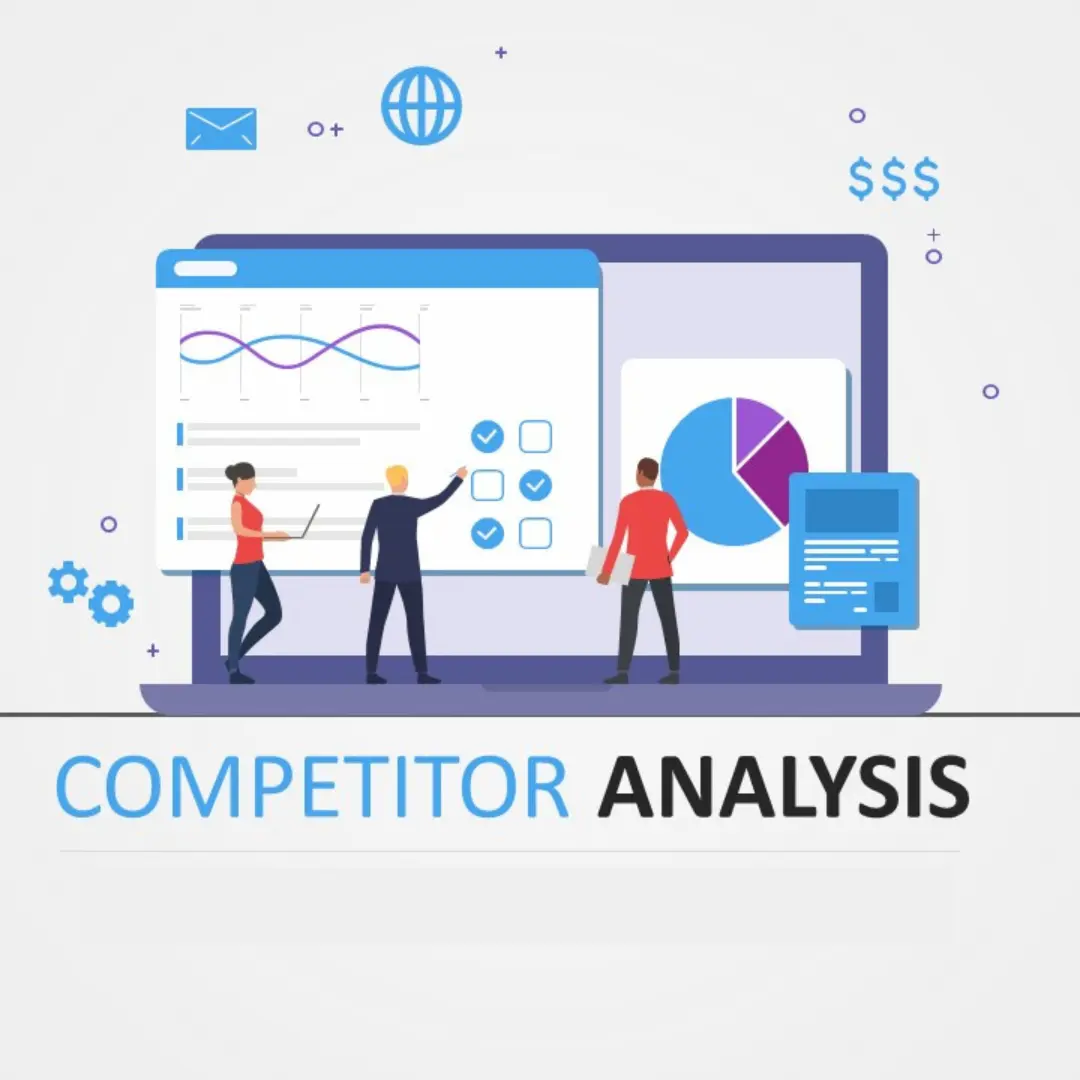.webp)
Businesses of all sizes use the Internet to reach their target customers in today's fast-paced digital world. Though the term "digital marketing" has gained widespread usage, what does it mean? By defining digital marketing, contrasting it with inbound marketing, analyzing its use in B2B and B2C settings, outlining its many forms, and emphasizing its important advantages, this blog seeks to demystify the field.
What is Digital Marketing?
Digital marketing is the promotion of products, brands, or services using digital channels such as search engines, social media platforms, email, and websites to reach target audiences and drive engagement. It involves leveraging digital technologies to create, communicate, and deliver value to customers and prospects, and to measure and optimize marketing efforts.
Reaching out to potential clients where they spend the majority of their time—online—is the main goal of digital marketing. Digital marketers can create customized, effective campaigns that connect with their target audience by utilizing data-driven insights and advanced analytics.
Inbound Marketing versus Digital Marketing
While inbound marketing is a particular approach used in the field of online marketing, digital marketing is the general phrase used to describe all such activities. Instead of aggressively promoting a product or service, inbound marketing concentrates on drawing clients through experiences and relevant content that are catered to them.
Key Differences:
Approach: Digital marketing encompasses both inbound (content marketing, SEO) and outbound (display ads, paid search) tactics. Pull marketing is the only approach used in inbound marketing to get clients.
Goal: While digital marketing has more general objectives like brand visibility, lead generation, and sales conversion, inbound marketing seeks to educate and inform potential customers to foster trust and loyalty.
Techniques: Social media interaction, SEO, and content production are all crucial components of inbound marketing. Conversely, digital marketing uses a broad range of strategies, such as email campaigns and sponsored advertising.
B2B versus B2C Digital Marketing
Due to variations in target audiences and purchasing processes, digital marketing techniques differ greatly between business-to-business (B2B) and business-to-consumer (B2C) situations.
B2B Digital Marketing:
.webp)
Audience: B2B marketing focuses on corporate decision-makers. These people frequently seek in-depth data and case studies to support their purchasing choices.
Content: Content typically focuses on proving value and return on investment and is more detailed and technical.
Channels: Professional networks, industry-specific forums, and LinkedIn are well-liked avenues for business-to-business marketing.
B2C Digital Marketing:
.webp)
Audience: B2C marketing focuses on individual customers who are frequently motivated by feelings and self-interest.
Content: Content is typically shorter, more fun, and more engaging.
Channels: In B2C marketing, social media sites like Facebook, Instagram, and TikTok are frequently utilized in addition to email marketing.
Types of Digital Marketing
A vast range of tactics are included in digital marketing, each with a specific function and focus on various stages of the client journey. These are a few important categories:
Search Engine Optimization (SEO): improving a website's search engine visibility to draw in natural traffic.
Content Marketing: producing and disseminating worthwhile, pertinent material to draw in and hold onto a target audience.
Social Media Marketing: promoting goods via social media, interacting with clients, and cultivating brand loyalty.
Pay-Per-Click (PPC) Advertising: purchasing ad space on search engines and other websites to increase traffic and conversions.
Email Marketing: sending customized emails to develop connections, nurture leads, and increase revenue.
Affiliate Marketing: collaborating to market your goods in return for a commission with influencers or other companies.
Influencer Marketing: partnering with influencers to expand brand recognition and reach their audience.
The Benefits of Digital Marketing
Since digital marketing has so many advantages over traditional marketing, it is a crucial part of every contemporary marketing plan.
Key Benefits:
Cost-Effective: Compared to traditional approaches, digital marketing frequently has lower expenses and a higher return on investment.
Measurable: With the use of sophisticated analytics tools, marketers can monitor campaign effectiveness in real-time and make informed decisions.
Targeted: With the use of precise targeting based on behaviors, interests, and demographics, digital marketing makes sure that advertising efforts are directed toward the most relevant audience.
Interactive: Direct consumer interaction on social media and other online platforms strengthens bonds and encourages brand loyalty.
Scalable: With ease, campaigns may be scaled up or down according to budget and results, providing control and flexibility.
Global Reach: Geographical restrictions are eliminated via the internet, making it simple for enterprises to access a worldwide audience.
Conclusion
As technology develops, the dynamic and adaptable area of digital marketing keeps changing. Through comprehension of its diverse facets, enterprises may proficiently utilize digital marketing to accomplish their objectives and maintain a competitive edge.
What to read next

